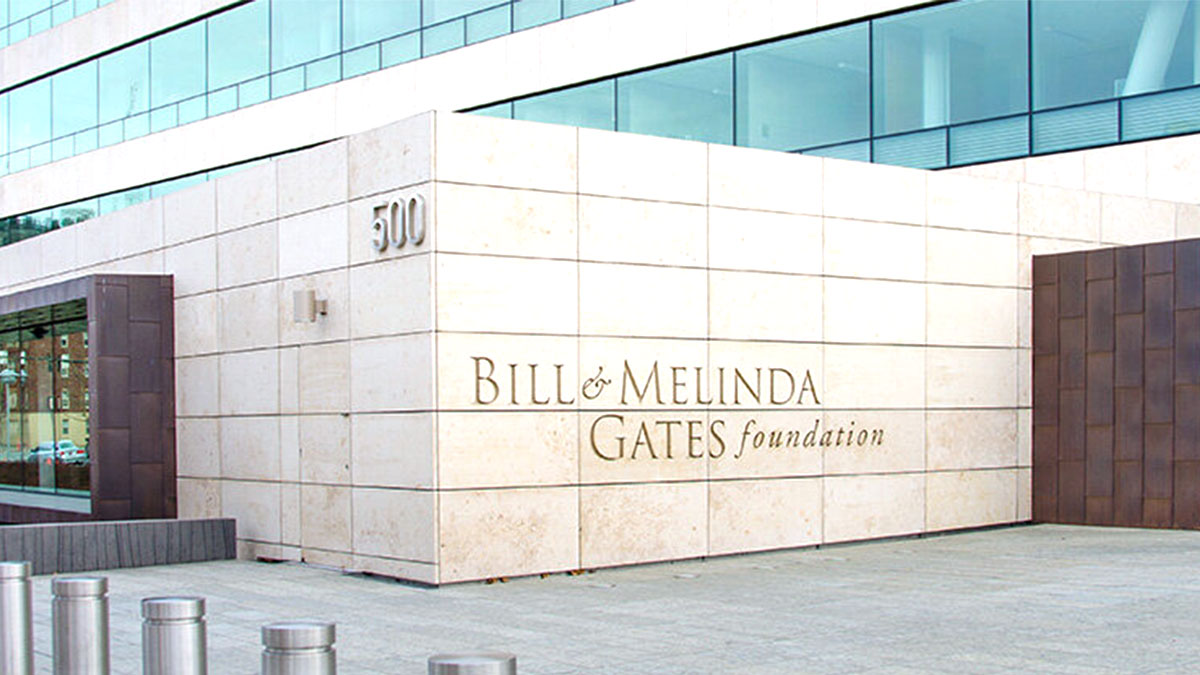Redefining Research: Gates Foundation Leads the Charge for Open Science

In a groundbreaking move that's set to reshape the landscape of scholarly publishing, the Bill & Melinda Gates Foundation has launched a transformative initiative aimed at accelerating the dissemination of scientific knowledge. With a bold decree issued last week, the foundation announced that all grantees will be required to embrace preprints—a move that could revolutionize the way research is shared and accessed worldwide.
Effective starting in 2025, this mandate represents a monumental shift in the foundation's approach to funding research. By mandating the use of preprints-draft manuscripts made freely available before formal peer review-the Gates Foundation aims to break down the barriers that have long hindered the flow of scientific information.
Under the previous system, researchers funded by the Gates Foundation often found themselves caught in a dilemma: either pay hefty fees to publish in open-access journals or risk their work languishing behind paywalls. But now, with the foundation's unequivocal support for preprints, scientists can bypass these obstacles and share their findings with the global community at no cost.
While the move has been met with praise from advocates of open science, it has also sparked debate among scholars and publishers alike. Some applaud the foundation's commitment to transparency and accessibility, while others express concerns about the potential implications for quality control and peer review.
Nevertheless, the Gates Foundation remains steadfast in its belief that the benefits of embracing preprints far outweigh the challenges. By promoting rapid dissemination of research findings, the foundation hopes to accelerate the pace of scientific discovery and foster greater collaboration among researchers worldwide.
As the world's largest philanthropic organization, the Gates Foundation wields considerable influence in shaping the future of scientific publishing. With this bold initiative, it sends a clear message to other funders and stakeholders in the research community: the time for open science is now.
Indeed, the ripple effects of this decision are already being felt across the scientific landscape. Other major funders are now faced with the choice of whether to follow suit or risk falling behind in the push for greater openness and transparency.
In the end, the Gates Foundation's mandate for preprints represents more than just a policy change-it's a rallying cry for a new era of scientific publishing. As researchers and institutions around the world embrace this paradigm shift, we stand on the brink of a future where knowledge knows no bounds and the pursuit of truth is truly a global endeavor.
Keywords
Gates Foundation open science scholarly publishing scientific knowledge dissemination preprints research funding peer review open-access journals transparency accessibility scientific discovery collaboration philanthropic influence scientific publishing future openness transparency policy change paradigm shift global endeavorDisclaimer
The views and opinions expressed in this article are those of the author(s) and do not necessarily reflect the official policy or position of their affiliated institutions, the Asian Council of Science Editors (ACSE), or the Editor’s Café editorial team.



